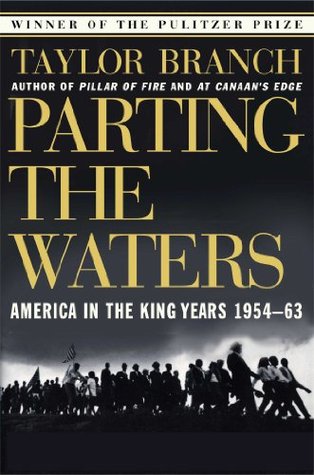More on this book
Community
Kindle Notes & Highlights
Read between
February 18 - April 6, 2019
By this and other effects of mourning, Kennedy acquired the Lincolnesque mantle of a unifying crusader who had bled against the thorn of race.
In his seminal history, A Thousand Days, which was written and published during the peak of the national movement, Arthur Schlesinger, Jr., introduced civil rights in the thirty-fifth of thirty-seven chapters.
Without the intervening power of President Kennedy, a state of mutual hatred quickly set in.
Sullivan summoned Agent Nichols and others to Washington for a nine-hour war council, the result of which was a six-point plan to “expose King as an immoral opportunist who is not a sincere person but is exploiting the racial situation for personal gain.”
Race, like power, blinds before it corrupts, and Hoover saw not a shred of merit in either King or Levison.
Most unforgivable was that a nation founded on Madisonian principles allowed secret police powers to accrue over forty years, until real and imagined heresies alike could be punished by methods less open to correction than the Salem witch trials. The hidden spectacle was the more grotesque because King and Levison both in fact were the rarest heroes of freedom, but the undercover state persecution would have violated democratic principles even if they had been common thieves.
Allen had been a marked man ever since telling Moses he had seen the state legislator shoot Herbert Lee in cold blood. The
Lost away from his family and his logging work, Allen had returned to a series of half-finished escape plans, including one that fell through when his mother got sick and died in his last week.
He had led Louis Allen to where he was now, and it would make utterly no difference unless he led others.
In this sense, Kennedy’s murder marked the arrival of the freedom surge, just as King’s own death four years hence marked its demise.
Having lifted him up among rulers, it would drive him back down to die among garbage workers in Memphis. King had crossed over as a patriarch like Moses into a land less bounded by race. To keep going, he became a pillar of fire.
Hoover would leak word of the taps when Robert Kennedy was running for president in 1968, after King’s death, and John Seigenthaler, seeing the stricken look on Kennedy’s face when asked about the rumors during a practice debate, knew instantly that he did not need to ask whether it was true, nor could he bear to ask why. Instead, after Kennedy himself was killed that year, Seigenthaler wrote a letter of apology to Stanley Levison.


